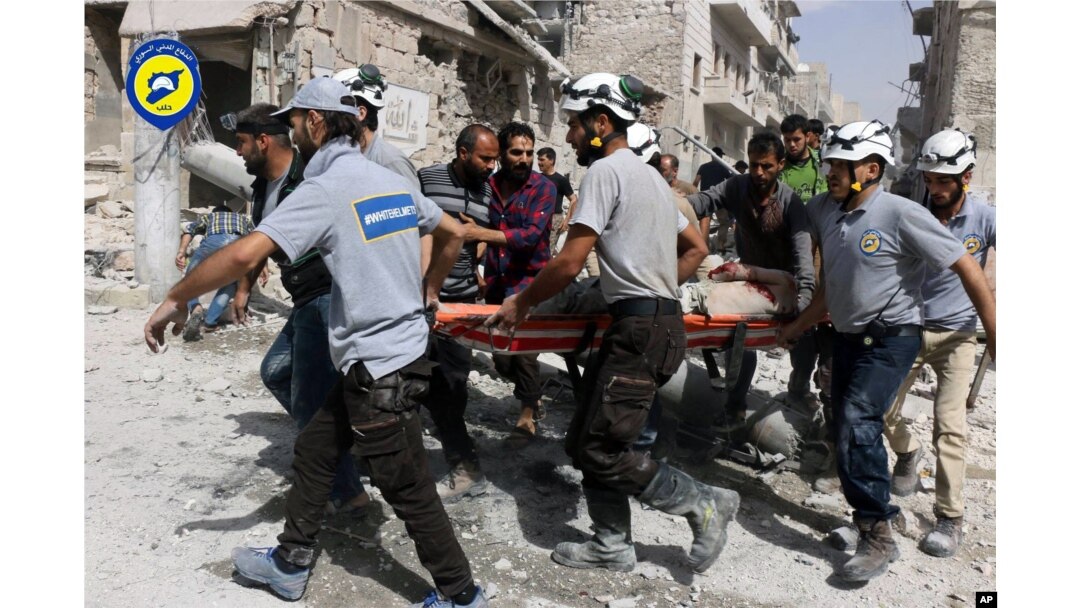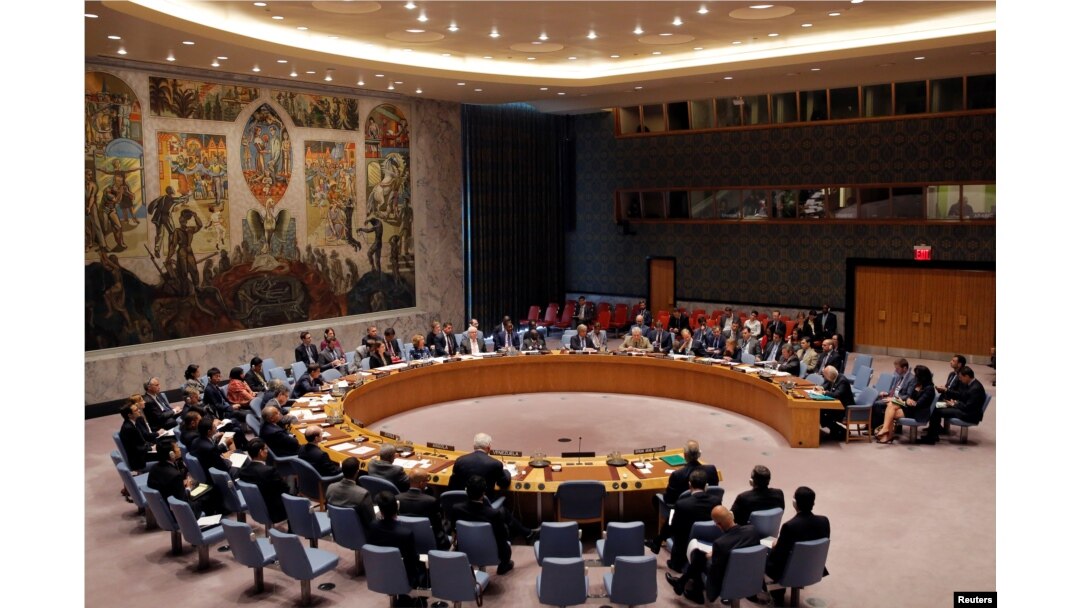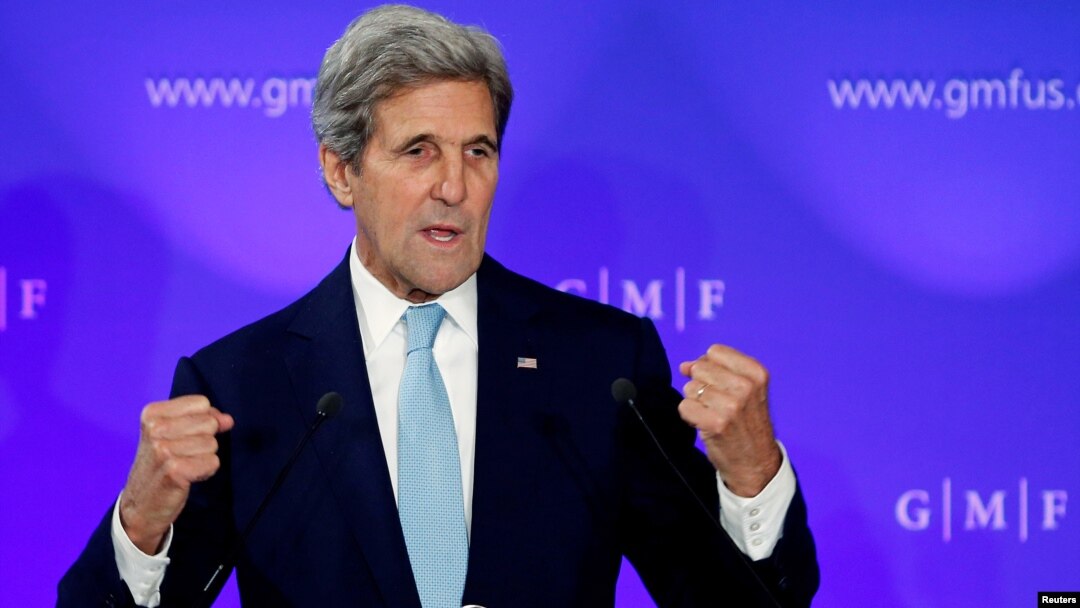U.S. Secretary of State John Kerry criticized Russia for its "irresponsible and profoundly ill-advised decision" to support Syrian President Bashar al-Assad and said efforts to end the Syrian war must continue, despite the suspension of U.S.-Russian talks on a cease-fire.
"I want to be clear that we are not giving up on the Syrian people and we are not abandoning the pursuit of peace," Kerry said Tuesday in Brussels.
Cease-fire implementation talks suspended
Monday, the United States and Russia suspended talks to implement a cease-fire in Syria, after the United States accused Moscow of not honoring its commitment to stop fighting and ensure relief aid reached besieged neighborhoods.
Kerry said the United States and Russia will still discuss Syria during larger multilateral negotiations.
Kerry said he is outraged Russia has not protested the Syrian government's use of chlorine gas and barrel bombs.
Human rights chief on Aleppo situation
Meanwhile, the U.N. human rights chief said bold action is needed in response to what is happening in the northern Syrian city of Aleppo where an offensive targeting rebel-held eastern neighborhoods is having a "devastating impact" on civilians.

FILE - In this photo, provided by the Syrian Civil Defense White Helmets, rescue workers work the site of airstrikes in the al-Sakhour neighborhood of the rebel-held part of eastern Aleppo, Syria, Sept. 21, 2016. Violence in Aleppo has surged in recent da
"Faced with such a ghastly avalanche of violence and destruction, extraordinary steps must be taken," said Zeid Ra'ad al-Hussein.
He called for the U.N. Security Council to adopt rules to prevent members from using their veto power to block resolutions when there are serious concerns that war crimes, crimes against humanity or genocide may have taken place.

The United Nations Security Council holds a high level meeting on Syria at the United Nations in Manhattan, New York, U.S., Sept. 25, 2016.
The five permanent Security Council members have that veto power. They include Syrian ally Russia, which along with China has blocked several resolutions aimed at the Syrian government since the conflict began in March 2011. One would have referred the situation in Syria to the International Criminal Court.
The United States also has a veto. Its support of rebels opposed to Assad put it on the opposite side of the conflict as Russia, which has led to the two powers calling on each other to pressure the warring parties toward various attempts at peace talks and cease-fires.
Last month they agreed to a deal aimed at reducing violence and speeding humanitarian aid into Aleppo, but the pact quickly broke down.
Russia said it regretted the U.S. decision to withdraw from the cease-fire talks, and has expressed frustration at what it says it the failure of the United States to separate moderate rebels from jihadists.
"This is not a decision that was taken lightly," a U.S. State Department statement said. Though Washington "spared no effort" in trying to implement the cessation of hostilities, Russia "failed to live up to its own commitments," Kirby said.


